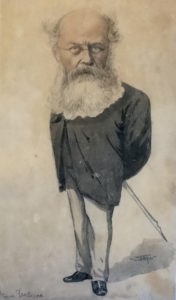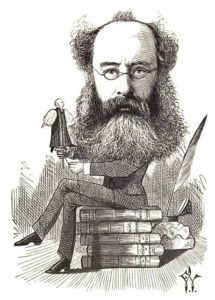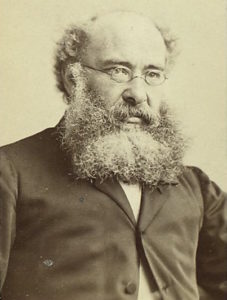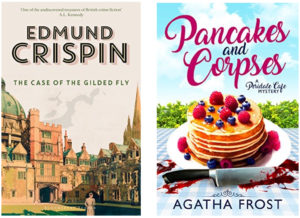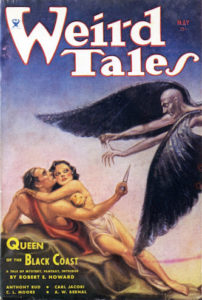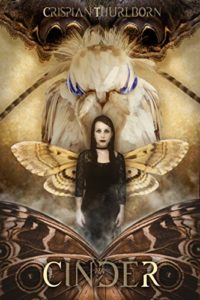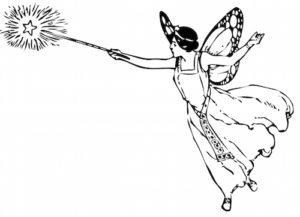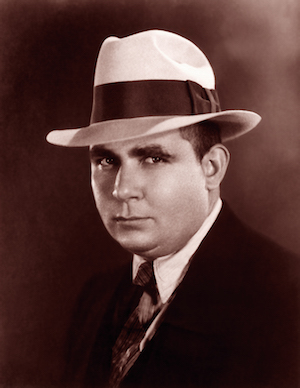At every turn, indie writers are encouraged and urged and pressured to write faster. Quality seems to be a second thought. Just as long as thousands of words are written every day, the indie writer is told he or she is on the first step to success.
Books abound telling us how to write faster. The following appeared on the first page of an Amazon search: 2K to 10K, Fast Fiction, Write Fast, 5000 Words Per Hour. And of course the authors of these books are making money hand over fist by telling us how to write faster. But none of the authors of those books are in the same league as Charles Dickens, Anthony Trollope, Stephen King, Sandra Brown or Dean Koontz. Generally speaking the writers of how-to books don’t make their living by writing fiction. They make their money telling wannabe writers how to write. And that should be a warning to us all.
There is no secret to writing fast. To put it bluntly, all one needs to do is to park one’s butt in a chair for a set amount of time, cut the distractions, and write. As Australian science fiction and fantasy writer Patty Jansen has said, 1000 finished words each day will produce at least four novels per year. At the end of three years a writer could have four three-book series for sale. That is a solid step in the direction of writing for a living.
Four weeks ago I mentioned Anthony Trollope’s method for producing three-quarters of a million words per year. In his own day, the Victorian novelist was known as The Writing Machine. In an era when artists were supposed to work by inspiration, Trollope quite baldly and boldly showed that successful artists work by perspiration. Let’s expand a bit on Trollope’s method.
Anthony Trollope viewed writing just like any other business. To be successful, one had to have goals and then set up a plan to meet those goals.
In several different chapters of his Autobiography, Trollope gives us a window into his working life as a successful author. I recommend that every writer read Anthony Trollope’s Autobiography. It’s available for free at Project Gutenberg.
Goals
Trollope’s overall goal was to be a successful author, which by his definition meant he had to earn a livable wage from writing.
The first step in achieving that goal was to write books. For each novel, Trollope set a date for the novel to be completed and submitted to a publisher.
To hold himself accountable, he kept a writing diary and recorded his progress in it. In that way he didn’t have to guess if he was making progress towards his goal. He knew how much he had written every day. He also knew if he was slacking off. The diary was his production manager.
By setting a goal, Trollope had made a commitment. We all know the benefit of setting goals. We also know the benefit of being held accountable to reach those goals. Trollope held himself accountable by means of his writing diary and his desire to earn a livable wage from his writing.
In the end, we are the ones who are responsible for our own success.
Write Every Morning
To achieve his greater goal, Anthony Trollope set smaller goals. Goals that could be achieved every day, and thereby be an encouragement to him.
He set aside three hours every morning as his writing time. This was a daily goal.
He got up at 5:30 AM, spent the first half-hour reviewing the previous day’s production, then wrote for the remaining 2 1/2 hours. Afterwards, he dressed, ate breakfast, and went to his day job at the post office.
Why write in the morning? Why not in the evening? Trollope doesn’t specifically tell us. However, he was a very busy man. He had a family and a full-time job. He was a social person and, after a day at the post office, he’d go to the club, visit with friends, play whist, and two or more times a week he’d go fox hunting.
Practically speaking, that only left mornings in which to write — and early mornings at that.
Psychologically, though, writing first thing in the morning says something else. It says we value it above everything else in our day. It’s so valuable that we make sure we get it done before we do anything else. Even eating breakfast. Whether Trollope realized it or not he was telling himself that writing was the most important thing in his life.
Lawrence Block noted he was fresher first thing in the morning. The issues of the day hadn’t filled up his mind yet. So in addition to the psychological value, writing first thing in the morning means we get to start with a clean slate — and thereby hopefully produce our best work.
Write To The Clock
It’s one thing to get up at 5:30 AM to write and it’s another thing entirely to produce something in the three hours you’ve set aside to write.
Trollope left nothing to chance. To sit and stare at the wall or out the window, waiting for inspiration to strike, was not the Trollope way. He was a busy man. He had to make the most of his time. And make the most of it, he did.
After reviewing the previous day’s work, Trollope took out his watch and set it on the table. He took out a sheet of paper, dipped his steel dip pen into the ink pot, and commenced writing.
Writing 250 words per page, he turned out one page of his novel every 15 minutes. One thousand words per hour. Two thousand five hundred words, or 10 manuscript pages, by the time his morning writing session was over.
By setting both a daily goal and an hourly goal, Trollope could gauge his progress. And we all know how exhilarating even small successes can be.
By writing to the clock, Trollope produced 47 novels, 17 works of nonfiction, 2 plays, 44 short stories, in addition to numerous articles, lectures, and letters. And all that in the span of 35 years, from 1847 (when his first novel was published) to December 1882 (when he died).
Summary
How did Anthony Trollope produce a full-time writer’s output only writing part-time?
He made efficient use of his time. In a nutshell, this is his method:
- Write at a set time every day.
- Write for a set amount of time every day.
- Write a set amount of words in that time every day.
- Set a deadline for the work to be completed.
- Keep a diary of your progress to inspire you or chastise you.
Two thousand five hundred words each day will give you 912,500 words a year. That’s seven 120,000 novels. Or eleven 80,000 word novels. Or eighteen 50,000 word novels.
Honestly, does anyone need to produce more than that in one year?
As always, comments are welcome! And until next time, happy reading (and writing)!
Share This!